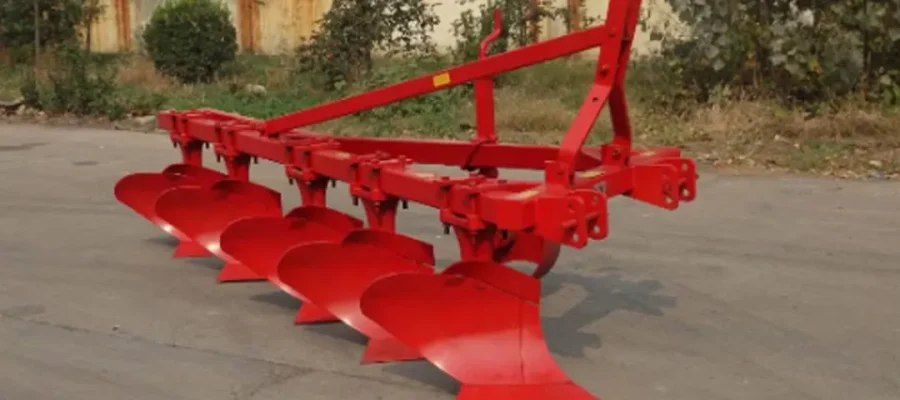
- December 12, 2024
- By: zw-mfcn
- in: Agricultural Machinery, Farm Equipment

Zimbabwean farmers are increasingly crossing borders to purchase tractors in South Africa, a trend driven by a combination of economic, logistical, and market factors. As the backbone of Zimbabwe’s economy, agriculture demands reliable and efficient machinery, and acquiring tractors is a critical investment for farmers looking to enhance productivity and sustainability.
One of the primary reasons Zimbabwean farmers turn to South Africa is the extensive availability and variety of tractors offered there. South Africa’s agricultural machinery market is well-developed, with numerous dealerships offering various options to suit different farming needs. From brand-new models equipped with the latest technology to more affordable, well-maintained second-hand options, South African dealers provide choices that cater to farmers with varying budgets and requirements.
This variety is particularly appealing to Zimbabwean farmers who may face limited options at home due to a smaller market and fewer suppliers. By sourcing tractors from South Africa, farmers can access machines that perfectly match their operational demands, enhancing their ability to manage large tracts of land efficiently.
Economic considerations play a significant role in this trend. The fluctuating economic situation in Zimbabwe often results in unstable pricing and availability of agricultural machinery. South Africa, on the other hand, generally offers more competitive pricing due to its larger market and more stable economic conditions. This can translate into cost savings for Zimbabwean farmers, which is crucial given the tight margins many operate under.
Furthermore, favorable exchange rates can make purchasing tractors from South Africa an economically viable option, allowing farmers to get more value for their money. These financial incentives drive the cross-border purchasing behavior, making it an attractive alternative for farmers seeking to invest wisely in their agricultural operations.
Tractor dealers in Zimbabwe also play a pivotal role in facilitating this trend. Many have established partnerships with South African counterparts, enabling them to offer a broader selection of machinery by sourcing directly from South Africa. These relationships help streamline the purchasing process for Zimbabwean farmers, ensuring access to quality machines with the convenience of local service and support.
Dealers often assist with the logistical aspects of cross-border purchases, from handling import documentation to coordinating transport, thus mitigating potential challenges associated with buying from another country. This support is crucial in ensuring a smooth transaction and delivery process, making it easier for farmers to invest in essential machinery.
While there are clear benefits, buying tractors from South Africa is not without challenges. Import duties and transportation costs can add to the overall expense, and potential bureaucratic hurdles may complicate the process. However, the long-term benefits, such as enhanced productivity and access to advanced machinery, often outweigh these concerns.
This cross-border purchasing trend has a notable impact on Zimbabwe’s agricultural sector. Farmers can increase their productivity, improve crop yields, and contribute to the country’s food security by acquiring more efficient and reliable tractors. Additionally, the availability of diverse machinery options encourages the adoption of modern farming techniques, fostering a more resilient agricultural industry.
Zimbabwean farmers buying tractors in South Africa is a strategic decision driven by the need for variety, economic considerations, and the facilitation provided by local dealers. This trend not only helps individual farmers improve their operations but also supports the broader goal of strengthening Zimbabwe’s agricultural sector.

Post a Comment